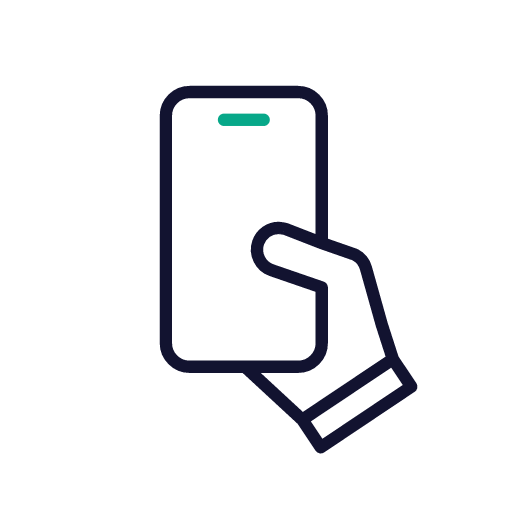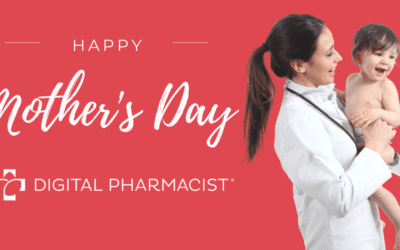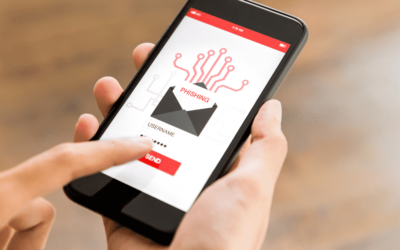According to the American Heart Association as many as half of U.S. patients do not take their medications as prescribed (That’s approximately 93 million non-adherent patients!).
Educate Your Patients The Importance of Medication Adherence for Heart Health
Heart disease, including hypertension, coronary artery disease, and heart failure, often require ongoing medication management. Adherence to prescribed medications is vital for controlling symptoms, preventing disease progression, and reducing the risk of adverse events such as heart attacks and strokes.
The Role of Pharmacists in Heart Medication Adherence
Pharmacists are frontline healthcare professionals uniquely positioned to support patients in their medication adherence journey. Their expertise goes beyond dispensing medications; they are valuable partners in promoting heart health
1) Educate Your Patients
Pharmacists can provide clear and concise explanations about the importance of prescribed medications in managing heart conditions. Patient education on potential side effects, benefits, and proper administration fosters understanding and commitment to the prescribed regimen.
Explain the Purpose of Each Medication: Clearly explaining the purpose of each medication fosters understanding and reinforces the importance of adherence. Patients are more likely to comply when they comprehend how each medication contributes to their overall health.
Provide Digital Patient Education: Integrating digital medication education, such as providing patient education videos, is an innovative and effective way for pharmacists to support patients in understanding their medications, managing potential side effects, and ensuring proper administration.
Participate in American Heart Month: During this dedicated month, pharmacists can organize community events, distribute informational materials, and engage in social media campaigns to provide valuable insights into cardiovascular health. Participating in American Heart Month not only benefits individual patients but also strengthens the pharmacist’s contribution to community-wide cardiovascular health, fostering improved adherence and overall heart well-being.
A few ideas your pharmacy can implement to raise awareness about heart health include:
– Hosting a blood pressure screening at your pharmacy
– Providing educational tools and resources regarding
– Encourage physical activity within your community.
– Get social! Be sure to post consistently on social media about the importance of adherence and heart health information.
Participating in American Heart Month not only benefits individual patients but also strengthens the pharmacist’s contribution to community-wide cardiovascular health, fostering improved adherence and overall heart well-being.
2) Customize Medication Plans
Pharmacists should conduct a thorough review of all medications the patient is taking, including prescription medications, over-the-counter drugs, and supplements. This helps identify potential interactions, duplications, or contradictions.
Assessing Patient’s Health Goals: Understanding the patient’s health goals and lifestyle is essential. This information enables pharmacists to align medication plans with the patient’s priorities, making it more likely that they will adhere to the prescribed regimen.
Identify Barriers to Adherence: Be sure to inquire about potential barriers to adherence, such as difficulty swallowing pills, concerns about side effects, or financial constraints. Identifying these challenges helps in customizing a medication plan that is realistic and manageable for the patient.
Coordinating Dosage Timing: Aligning medication schedules with the patient’s daily routine can significantly improve adherence. Understanding when the patient is most likely to remember to take their medications ensures better compliance.
3) Offer Counseling Services
Practice Active Listening: During one-on-one counseling sessions, pharmacists should actively listen to the patient’s concerns, preferences, and questions. This open communication establishes trust and allows pharmacists to address any apprehensions the patient may have.
Implement Motivational Interviewing: Motivational interviewing is a patient-centered counseling technique that pharmacists can employ to enhance medication adherence. It involves establishing a rapport with the patient, exploring their ambivalence about medication, and collaboratively setting health-related goals. By using open-ended questions, patients are more likely to express their motivations for adhering to their medication plan.
Demonstrate Proper Administration: In one-on-one counseling sessions, pharmacists can physically demonstrate the proper way to administer medications, especially for those with specific administration requirements such as injections or inhalers.
Regular Follow-ups and Monitoring: Pharmacists can establish regular follow-up routines to assess patients’ progress, address concerns, and identify any barriers to adherence. Monitoring medication efficacy and safety allows for timely adjustments, ensuring optimal heart health outcomes.
4) Utilize Technology for Adherence
Pharmacists can leverage technology, such as medication reminder apps, to help patients stay on track with their prescribed regimens. Automated alerts via text messaging and outbound calling can be integrated into the patient’s daily routine, fostering consistency.
Text Reminders

Schedule Appointments: Pharmacies can utilize texting to encourage patients to seek assistance for optimizing their medication regimen. By sending messages tailored to patients’ medication needs, pharmacies can encourage patients to call or use provided links to easily schedule appointments.
Outbound Calls



